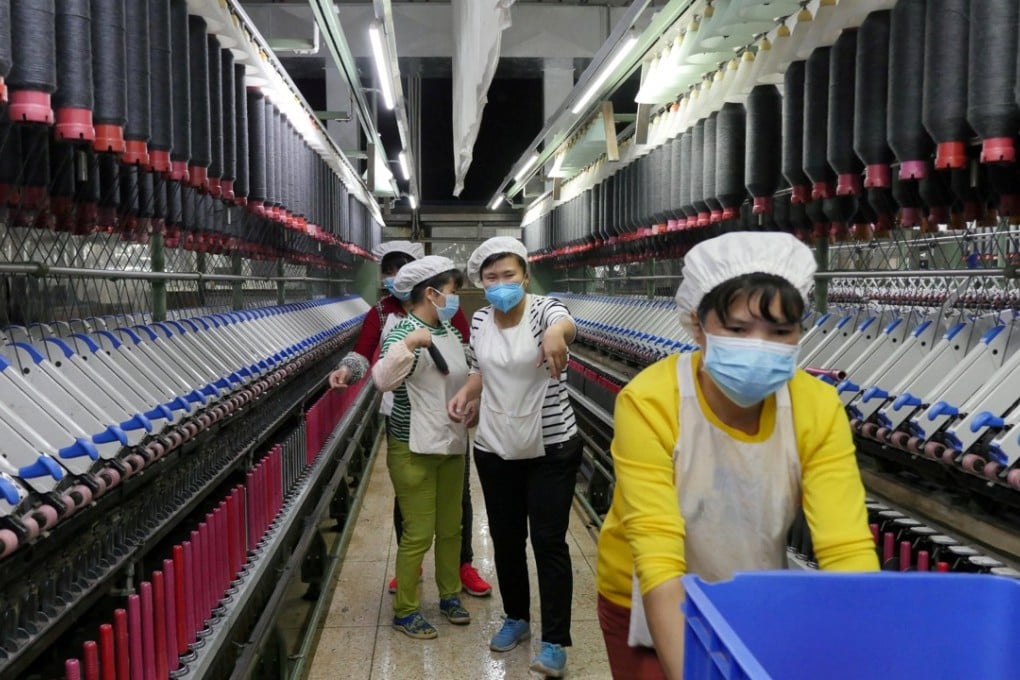Asia must balance its quest for equality with the pursuit of growth
Lee Jong-Wha says Asian countries won’t reduce inequality without both pro-growth policies and those that increase opportunities for the disadvantaged, particularly young people

Meanwhile, new technologies raise demand for skilled workers, reducing demand for less-skilled counterparts – a trend fuelling expansion of the wage gap between the skilled and unskilled. As inequality becomes entrenched, it can erode the consensus in favour of pro-growth economic policies, undermine social cohesion and spur political instability.
Hong Kong wealth gap worst in five decades
Students from China paid half Australia’s $22 minimum wage as study reveals ‘endemic theft’
Asia must provide chances for all youth to ascend. The market is not enough. Governments must act, complementing pro-growth policies with those ensuring gains are shared equally and sustainably.
But such measures could end up hurting the economy by reducing investment and job creation. The first rule of thumb in combating inequality should be that simplistic egalitarian policies are not a permanent solution.